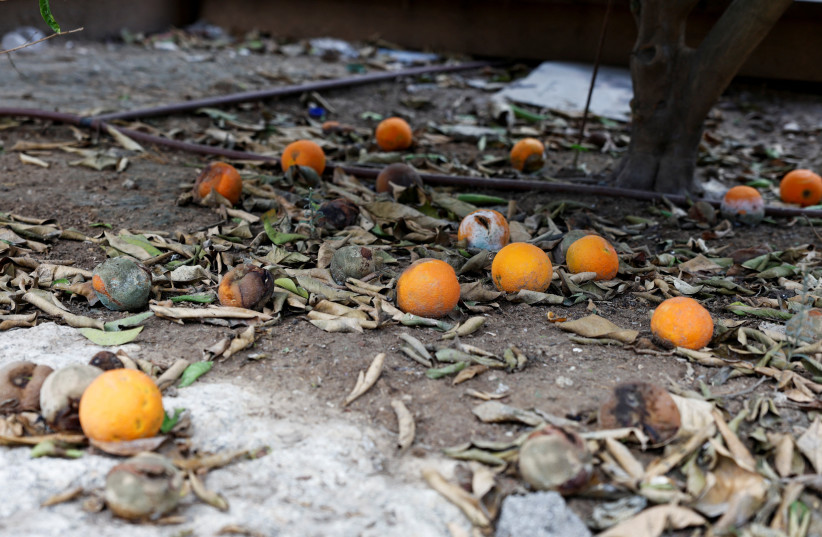Among those most vulnerable during wartime are families who have struggled with poverty and trauma well before the atrocities of October 7. According to Israel’s National Insurance Institute, Israel has one of the highest rates of poverty among developed nations. One out of four Israeli families lives below the poverty line, and one in five Israeli children is poor.
Among those in greatest need are parents hard-pressed to provide nutritious meals for their children, and widows and single-parent families who cannot meet the expenses of daily living. When young soldiers are drafted, they often leave behind parents and siblings who depend on them for support.
For more than 40 years, American Friends of Yad Eliezer has provided a safety net for tens of thousands of families in some 50 communities across Israel. Our mission is to fill crucial gaps with emergency subsidies, food vouchers, winter coats, household goods, and even funds to meet utility bills, preventing families from being left in the dark. Our goal is to ensure that struggling families manage to remain solvent and do not fall below the poverty line. Our tangible aid assures them that they are not alone and builds their determination to strive for self-sufficiency.
In recent memory, we have been first responders to the emergency needs of underserved families during the COVID era and the 2021 tragedy of the Meron crowd crush (Israel’s largest civilian disaster). Yet, despite our extensive experience in past years and over decades, we had no precedent for the challenges of Operation Swords of Iron.
But our extensive experience helps us find our way. We immediately reached out to impoverished neighborhoods in the Western Negev that we have served for years. In the days that followed the atrocities of October 7, basic supply chains were shut down and local social services did not function in the south of Israel. Families were bereft and we came to their aid.

Our staff is on the ground, ready for what comes
We rented and loaded flatbed trucks in Jerusalem with basic food and household staples. We packed craft kits and books that provided therapeutic relief and activities for shell-shocked children (and adults) during the long days and nights they were shuttered in their homes. Rocket attacks persisted after the first shock attack, and homes in southern (and soon thereafter, northern) towns became Israel’s front lines.
WE CANNOT predict future wartime needs but our staff is on the ground, knowing that Israelis of limited means are the least prepared for long-term disruption to their modest livelihoods. They do not have the savings or resources to cope with uncertainty. Many residents of Israel’s southern and northern border communities are still living in hotels and temporary lodgings.
Those who have returned home are coming to terms with the tragic loss of lives in their communities, traumatic memories, and strained local resources. Families with parents called to long-term reserve duty rely on our help to maintain their households. We provide them with emergency subsidies and food vouchers.
What is the best way for us to make sure that families at greatest risk have the opportunity to rebuild their lives? As in the past, American Friends of Yad Eliezer believes that our response must be swift, strategic, and compassionate.
We balance our responsibility to maintain longstanding programs to combat poverty with the human needs wreaked by the havoc of war. When evacuees in hotels began to conduct makeshift kindergartens in their temporary facilities, they turned to us to provide children’s tables and chairs. When we were told that a Bezalel Art School student offered to provide therapeutic art workshops to support teens in distress, we responded with the materials needed for their workshops so they could begin the next day.
In the midst of these trying times, American Friends of Yad Eliezer remains committed to Israel’s most vulnerable families. Our organization’s Hebrew name is B’ezri, recalling the name that Moses gave to his son Eliezer, with the words: “The God of my father will help me and save me from the sword of Pharaoh.” During Operation Swords of Iron, our own resolve is as strong as iron. Together with the nation of Israel and caring friends overseas, we will battle both the Pharaohs of our era and the poverty that afflicts too many families among our people.
The writer is executive director of American Friends of Yad Eliezer in a volunteer capacity. She has held the position for over 40 years.
